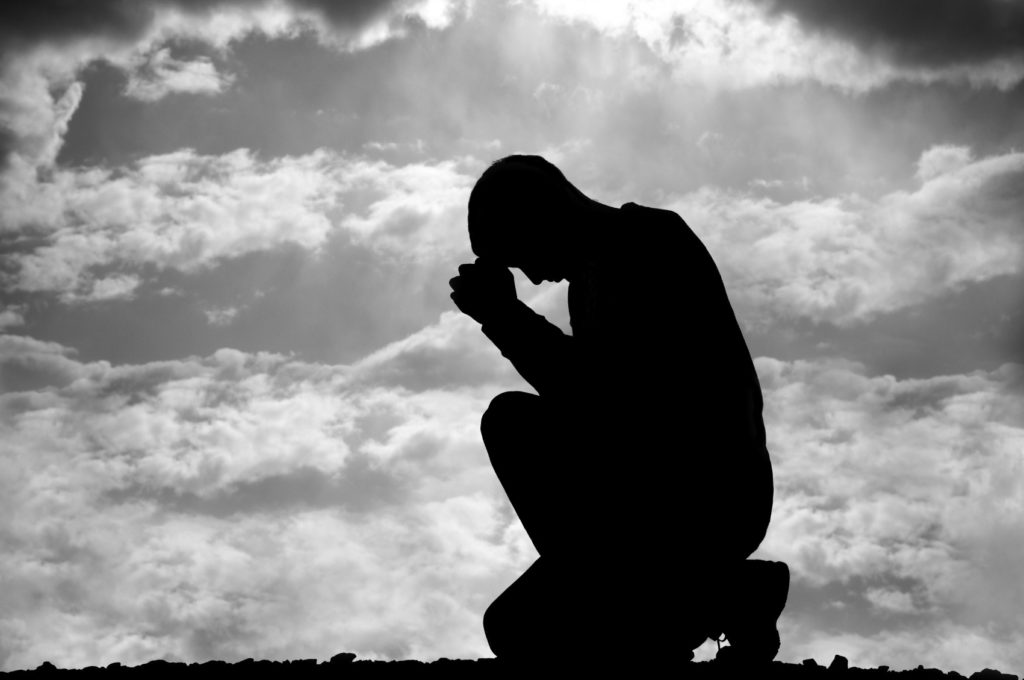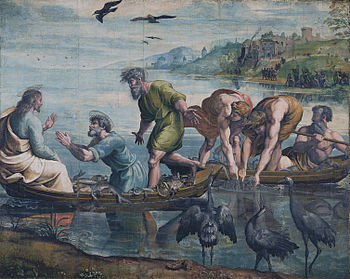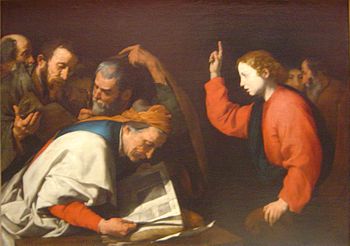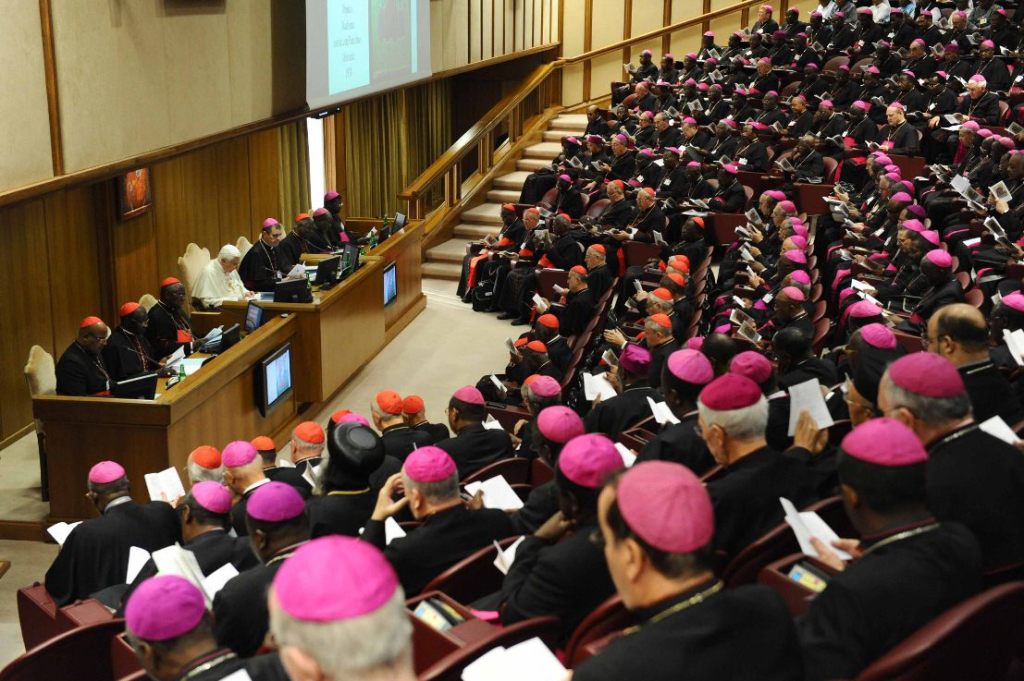How the Rosary Teaches Us Humility (Again)
Have you ever thought about all the ways the Catholic Church teaches us the value of humility? I never really gave it much thought, but there is an intimate connection between faith and humility. To have faith in the power of God you must first be humble enough to realize that there is a power […]
How the Rosary Teaches Us Humility (Again) Read More »






